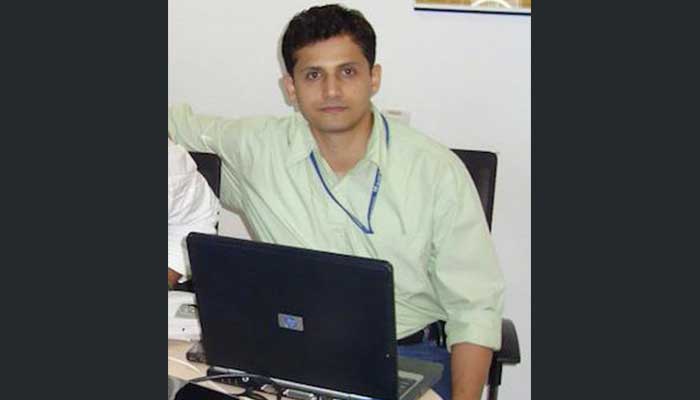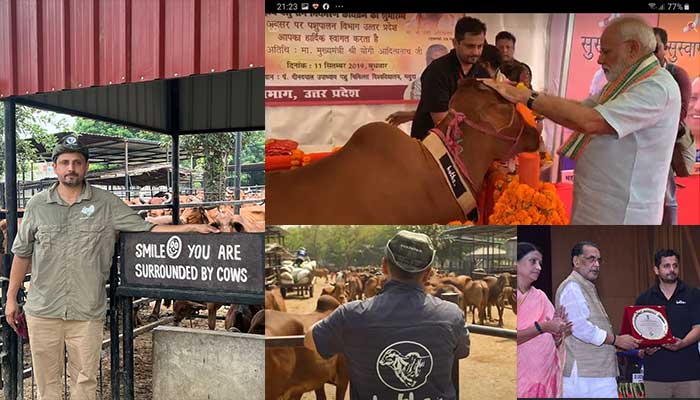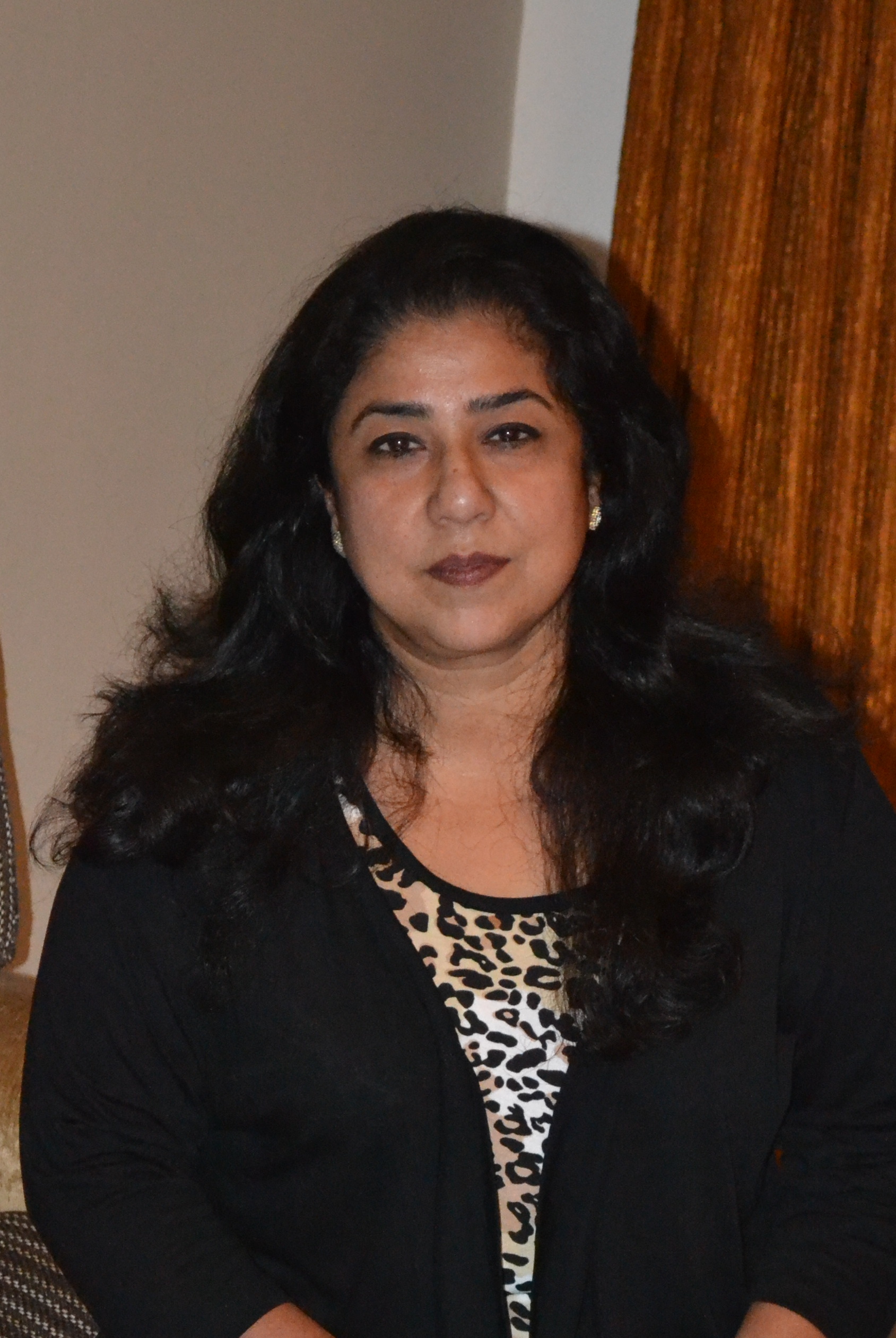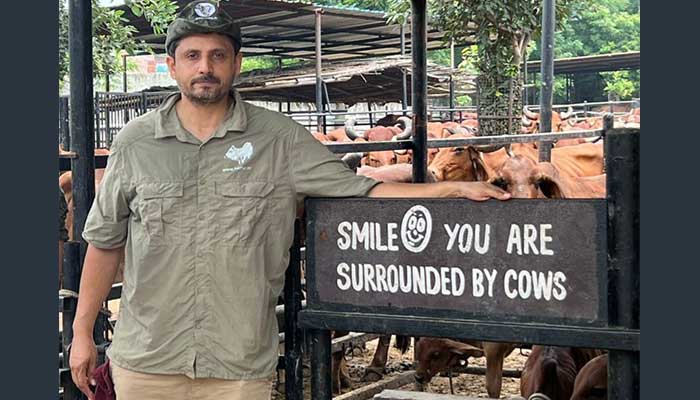When software engineer Aseem Rawat gave up a lucrative IT career to raise indigenous cows, he had no inkling about the powerful impact his venture Hetha Organics would make, not only for its ethical cattle-rearing practices but also its impressive wellness product range, derived from bovine residue and an amalgam of ancient Ayurvedic jadibootis.
Nattily dressed in his trademark fatigues, a wide brim safari hat and riding his weather beaten 4×4 jeep, Aseem Singh Rawat looks every inch the outback cowboy and less of his previous avatar as a software professional. Today, the Founder-CEO of award-winning Hetha Organics is lauded as a visionary for creating a replicable dairy model for indigenous cows and the protein enriched A2 milk, coming out of their three dairy farms. Thirty-forty years ago, we had only indigenous cow milk supply with the local halikar or milkman coming to your door step with his cow. There is a growing awareness that the superior A2 milk from their indigenous Gir, Sahiwal, Tharparkar and Badri cow is the healthier and more flavorful option.
Today, Hetha’s popular 120+ wellness product line includes certified dairy and organic food products and cereals as well as Ayush-certified Panchgavya (Ayurvedic) medicines that is shipped worldwide.
Shaping young minds in the early days of IIITH
The story winds back to Libya where the Ghaziabad-born youngster spent the first five years of his life with his father, a CPWD civil engineer. A school captain of St. Paul’s School Lucknow, Aseem completed his Plus Two from La Martiniere Lucknow (1993-95), and pursued B.E in Computer science at RBS College Agra (1997- 2001), standing out as sports secretary and literary joint secretary.
“It was my father who encouraged me to go in for the one-year diploma at IIIT Hyderabad”, he observes. “There was a sea change in the study culture and the amount of effort that I put in that one year (2001-02) at IIITH, was equivalent to the four years that I did in my B. Tech! During the initial days of the Institute, different student-faculty committees were being formed. Aseem was made the sports secretary and Cdr.Raman tasked him with starting the gymnasium on campus, which was inaugurated at 5am one morning.
“It was unlike the normal run of the mill professor-student equation. There was this intensity of energy among IIITH professors who gave us many learning opportunities. Prof. Govindarajulu had a certain panache and was a strict disciplinarian, yet encouraged open discussion on any subject. Hetha uses open source technology, which I began working with in my IIITH days. I remember helping my lab manager to set up the lab and the IPs and if you broke something, you fixed it. They were making us ready for life and I’m proud to say that all my classmates are successful and the credit goes to the institution that shaped us”.
Journey from IIITH to Hetha
Straight out of IIITH, Aseem got campus placement in Usha communications and would later move to Bangalore-based Ness technologies, an Israeli defense company. In time, he joined Hewlett-Packard and rose through the ranks to be tech lead and senior manager. The buzz around startups had just begun and Aseem got the opportunity to work with Viewics for a short duration before the entrepreneurial bug bit him. “I had worked for around 15 years in the software industry and had the opportunity to visit 25 plus countries.”

Sometime around 2010, the gregarious and upwardly mobile software engineer would chance upon a TV debate on indigenous vs foreign livestock that would shake him to the core. He noticed that while the debater for indigenous cows was making a lukewarm case, his opponent was effortlessly steamrolling his argument with strong statistics. “We grew up with the knowledge that the cow is holy. What struck me was that we have a deeper science in our Hindu philosophy and we needed to get this truth out. I had to show the statistics that if a cow is butchered, you can probably feed 50 odd people. But if it stays alive, it can feed over a thousand people in its lifetime. Working with God’s own creatures, it dawned on me that a cow gives much more than it takes and when it is old or ill, it slows down its metabolic rate, gives up food and will pass away silently”.
“I realized that I should be doing something drastic to alter the perspective and that’s when I decided to get into indigenous dairy farming. When I took the leap of faith and quit, my parents were shocked but my mother was very supportive”. He plunged into a year of research, scouring through libraries for information on indigenous breeds and cattle rearing since little information was available in the public domain.
Finding data on Panchgavya medicines was particularly difficult. Charak had already worked on it and Shushrutha had written about it but people with access to the knowledge didn’t want to share how a particular ‘ark’ or a Ayurvedic cow-based preparation was derived. Moreover, preparing pharmaceuticals for humans involves stringent checks and balances and the License Raj was still an issue.
Humble beginnings, high points and hurrahs
On Day One, as he was driving to his farm, one of the two cows that he had just purchased, fainted; hardly an auspicious beginning! “But, when we broke even in the first year itself, it was a sweet victory”, he laughs.
Named after his 5th generation grandfather from Ghaziabad, Hetha has three facilities – a Gaushala in Ghaziabad, Nandishala in Bulandshahr and Uttarakhand with livestock of 1,000 cows and bulls, dedicated milking facilities and a hospice for aging livestock. With a 10 crore turnover, Hetha has an 80 strong workforce that includes doctors and engineers involved in research. For instance, he found that Urokinase, an injection administered for heart attacks has an enzyme that can be derived from cow urine or gaumutra.
“Our USP is our ethical breeding practices; unlike most dairy farms that are about milk and meat. When we formed Hetha, we were very clear that we will look after our cows and bulls till the very end”. To sustain their vision, they needed ample cow-based products to manufacture and sell. “We have three verticals; milk and milk products like ghee, khoya, buttermilk and butter etc. We manufacture Ayurvedic/Panchgavya medicines. All our medicines contain something from the indigenous cows. Organic farming is the third vertical. Our certified organic farms use cow dung and gaumutra as a natural fertilizer. Gaumutra/cow urine has many U.S patents and is rightly acknowledged as a bio-enhancer, anti-cancer, anti-fungal and anti-bacterial agent. Our immunity building Hetha Chawanprash is prepared with 55 herbs in pure Himalayan Bilona Badri ghee”.
Awards and Accolades
Being the early starters in organic animal husbandry, Hetha has received a lot of recognition, awards and citations. A surprise visit from a team from Tamil Nadu who went through every aspect of the farming and documentation process culminated in the conferring of the National Gopal Ratna Award 2018, the highest award in Animal Husbandry and Dairying. The prestigious national award was followed by a Gau Pujan of Hetha’s Sahiwal cow in Mathura in 2019 by PM Modi and CM Yogi Adityanand.

Hetha received ICFA’s Startup for the Year 2022 and Uttarakhand Shakti Award for their work on the Badri cow of Uttarakhand. They also received a Certificate of Appreciation from NBAGR (National Bureau of Animal Genetic Resources), a national organisation that is now tagging and genetically identifying Indian livestock of different breeds.
Making of a true visionary
“From class 6 onward, I never left physical training after convincing my mother to buy me an expensive encyclopedia on body building by Arnold Schwarzenegger”, laughs Aseem who has a Fitness Trainer certificate from the International Sports Sciences Association in America.
Aseem’s day begins early at 3 AM with shlokas from the Rig Ved. His workday starts with scrum meetings with his teams, a throwback to his software days. They are also working on the breed multiplication program with IVF. Apart from knowledge sharing with Brazil, they are also looking towards developed nations like Israel to learn new technologies. Yoga and meditation helps him ride the constant challenges that come with running such an organization.
The prolific reader enjoys nonfiction, specifically success stories of entrepreneurs like Akio Morita or books on wildlife and cows. He still uses an ink pen and pours his thoughts into his blog when he finds the time.
“While it was a big challenge to make the transition from a salaried employee to an entrepreneur, the dividends are great. I encourage all youngsters to wear this entrepreneur hat at least once in a lifetime” says the motivational speaker and off-roader who enjoys working on his Jeep in his spare time. “This is an advantage because my work takes me on dirt tracks into the farming villages of Rajasthan, Gujarat and in the Himalayas. “There is joy in each day”, he exclaims. “My vision is to ensure that cows find a place back in the hearts and minds of humans on planet Earth”.



Next post